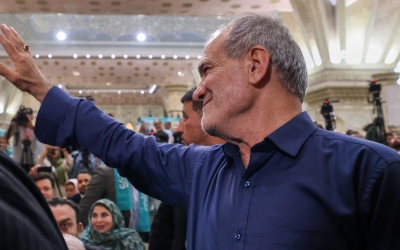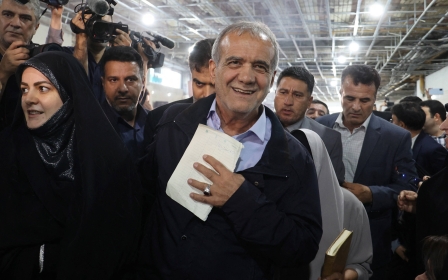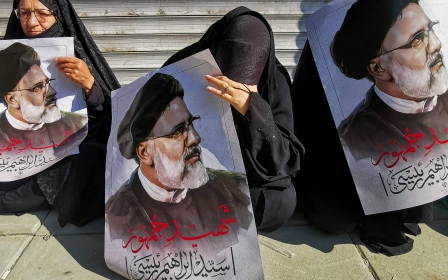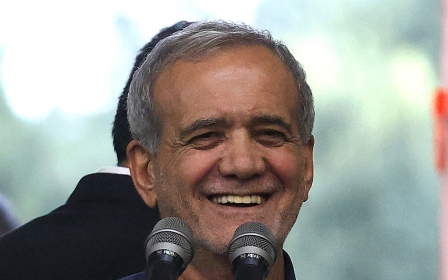Iran's president nominates Abbas Araghchi as foreign minister
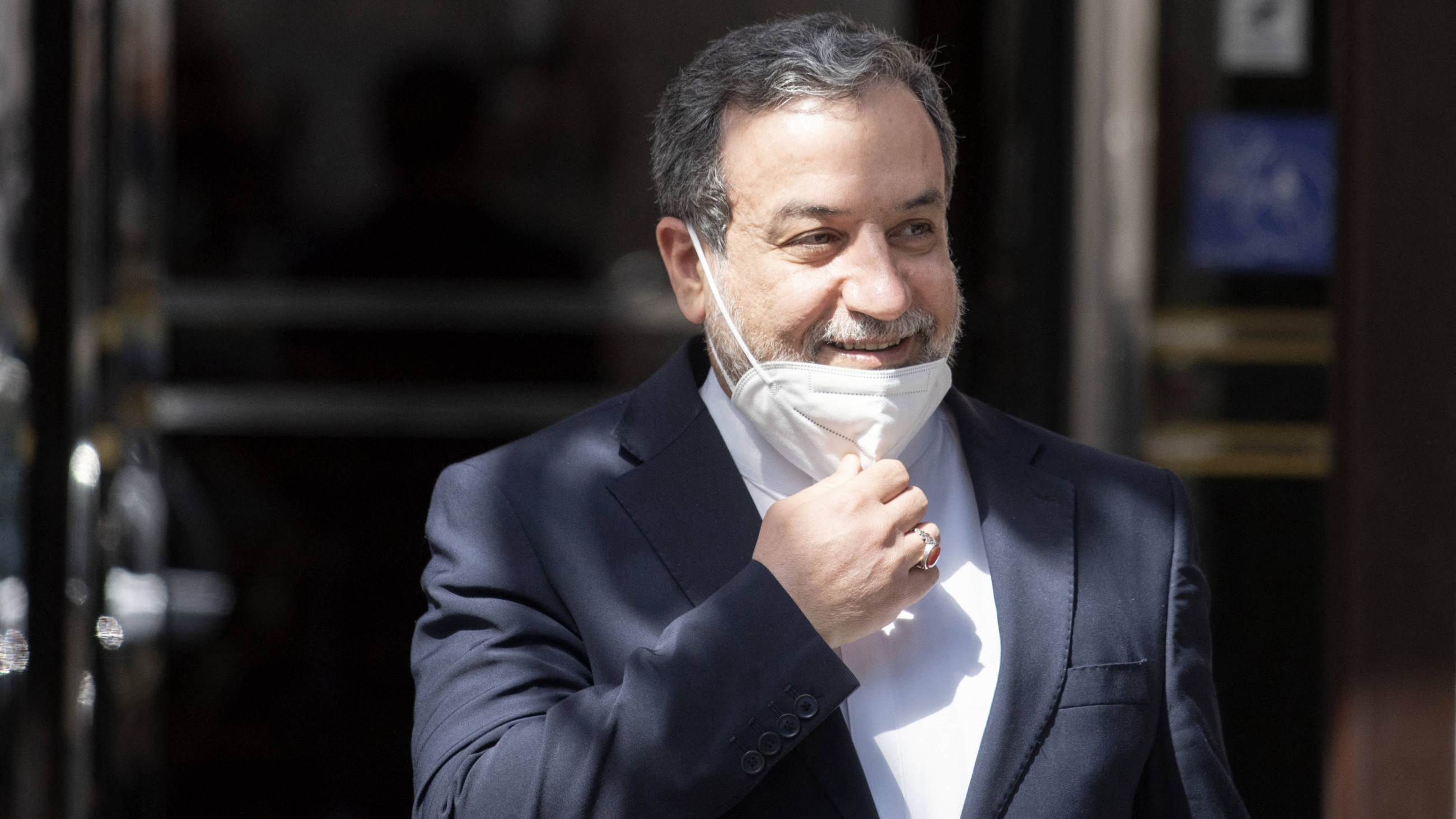
Iranian President Masoud Pezeshkian has nominated former senior nuclear negotiator Abbas Araghchi as foreign minister, the parliament speaker said on Sunday.
Parliament speaker Mohammad Bagher Ghalibaf announced the names of the 19-member cabinet presented by the president during an assembly session broadcast live on state TV. The cabinet includes one woman.
The parliament will now need to approve Pezeshkian's nominated cabinet.
"From tomorrow morning, parliamentary commissions will start reviewing the plans of proposed ministers until the end of next week," Ghalibaf said.
Araghchi, a pragmatic career diplomat, served as the chief negotiator in nuclear talks between Tehran and world powers from 2013 to 2021. He played a pivotal role in securing the 2015 nuclear deal, which was scuppered when the US formally withdrew in 2018.
New MEE newsletter: Jerusalem Dispatch
Sign up to get the latest insights and analysis on Israel-Palestine, alongside Turkey Unpacked and other MEE newsletters
He has also served as Iran’s ambassador to Japan and is currently the secretary of the Strategic Council on Foreign Relations.
Araghchi, who holds a doctorate in political thought from the University of Kent, is well known for his openness to the West and is viewed positively there.
During Mohammad Javad Zarif's tenure as foreign minister, Araghchi was the second most influential official in the foreign ministry, holding positions such as deputy for legal and international affairs and deputy for political affairs.
However, some observers have noted that Araghchi, who has many opponents within the conservative camp, might struggle to secure a vote of confidence from a parliament that includes many anti-nuclear deal figures.
Araghchi has faced repeated criticism from principlists, also known as hardliners, who argue that he is too flexible in negotiations with the US. Among his critics is the influential Kayhan newspaper, whose editor is appointed by Supreme Leader Ali Khamenei.
Araghchi has attempted to counter this narrative by referencing an anecdote in US negotiator Wendy Sherman's book Not for the Faint of Heart, where she describes being brought to tears during talks with Iran.
"Give me an example of a senior American diplomat and deputy foreign minister crying during negotiations," he told state TV.
Pezeshkian, who took office in late July, campaigned on a platform of opening Iran up to the world, pledging to revive the 2015 nuclear agreement and ease sanctions on the country.
In addition to nominating Araghchi, Pezeshkian also nominated Farzaneh Sadegh, who would become only the second Iranian woman to hold a ministerial post since the Islamic republic was established in 1979.
Sadegh would head the Ministry of Roads and Urban Development
Middle East Eye delivers independent and unrivalled coverage and analysis of the Middle East, North Africa and beyond. To learn more about republishing this content and the associated fees, please fill out this form. More about MEE can be found here.


